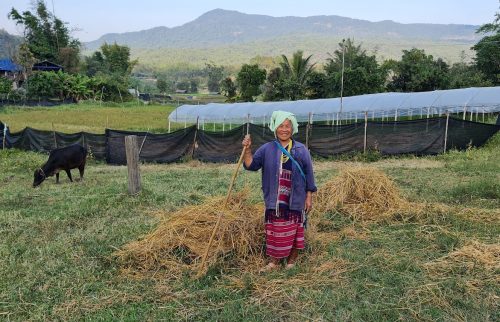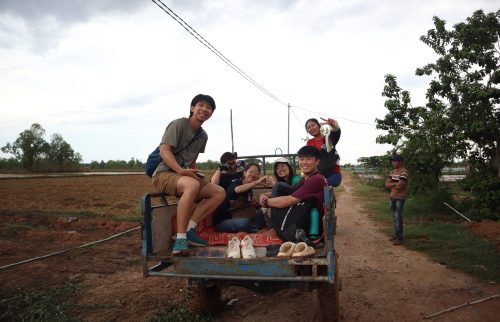
Southeast Asia Friendship Initiative
The Southeast Asia Friendship Initiative (SFI) is a university initiative to introduce Southeast Asia to students living on campus.
At Tembusu College, our communities and engagement SFI course UTC2111 – Picturing and Seeing Development introduces students to Southeast Asia’s rich cultural and socio-political landscape. Our course offers students a transformative learning experience through visual ethnography, cultural immersion, immersive fieldwork, and interdisciplinary exploration in relation to sustainable development. With hands-on research, collaborative projects, and real-world interactions, students gain deep insights into socio-economic, cultural, and environmental forces shaping the region. By engaging in out-of-class exchanges and immersive learning experiences, students not only broaden their global outlook but also develop the critical skills needed to navigate an interconnected world. The Cultural Bridging Program and SFI courses empower students to think beyond borders, collaborate across disciplines, and make a meaningful impact on society. Students prepare in the classroom before heading to a southeast asian country for two weeks to study in the field. Students travel and work on their projects together with fellow undergraduates from the country they visit for cross cultural learning and friendship.

Chiang Mai, Thailand (AY24/25 Semester 2)
In Thailand, students have hands-on engagement in marginalized and border communities in Northern Thailand, that face critical challenges such as marginalization, adaptation, and political and environmental pressures. Students conduct their fieldwork at homestays with hill tribe communities on the beautiful mountain of Doi Inthanon. By examining development through various lenses—local perspectives, economic structures, cultural identities, and the lived experiences of ethnic minorities—students will engage with key issues such as nature conservation, environmental challenges, sustainable development, gender roles, youth, and education.

Phnom Penh, Cambodia (AY23/24 Semester 2)
In Cambodia, students have hands-on engagement with poor communities in city of Phnom Penh to understand the impacts of rapid urban development, and live in villages through homestays in Champa province where they conduct fieldwork and make documentaries on topics like education, health, gender equality and agriculture. Prior to conducting fieldwork, students learn about Cambodia through site visits and networkings sessions with local academics and many NGOs that work on diverse topics like livelihoods in floating communities, education for the poor and gender equality.

